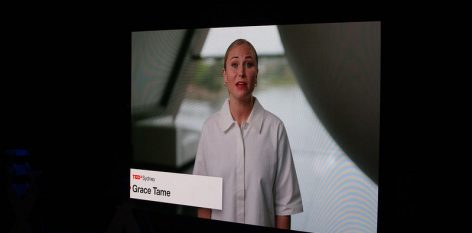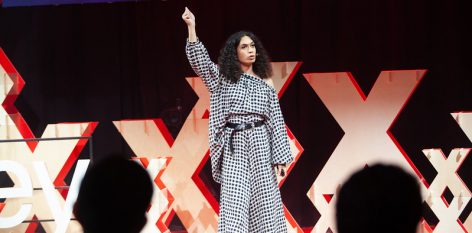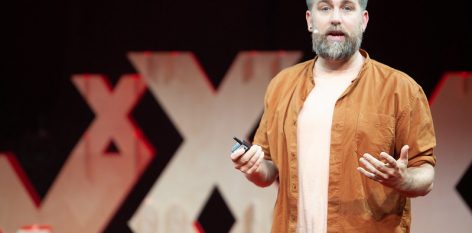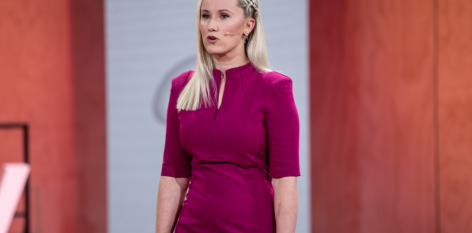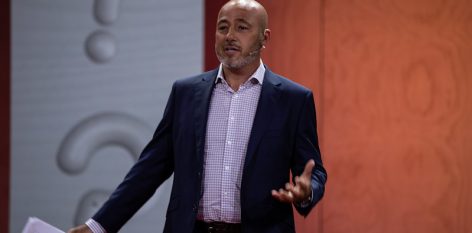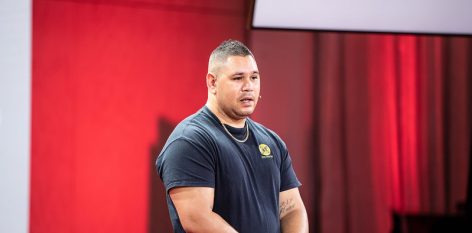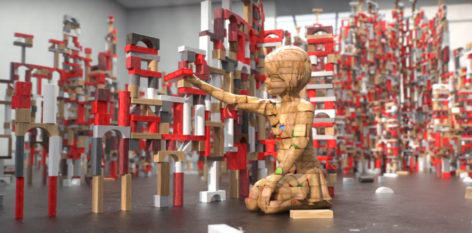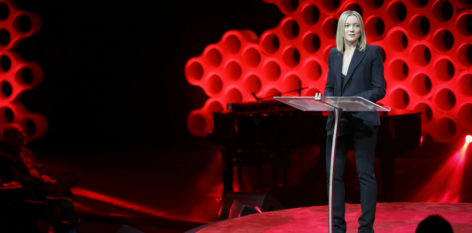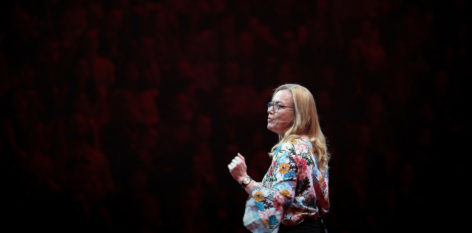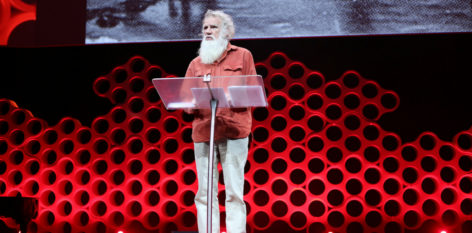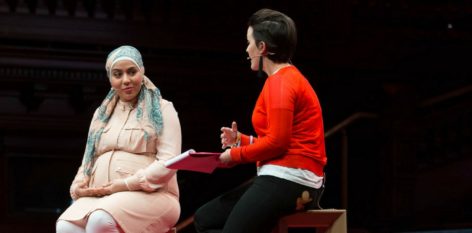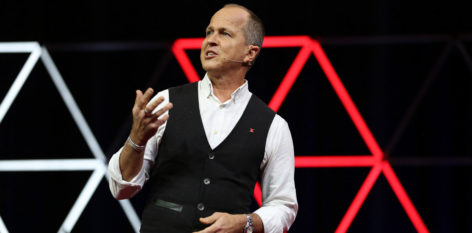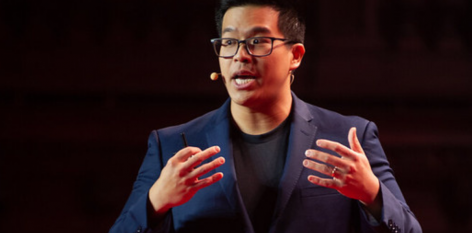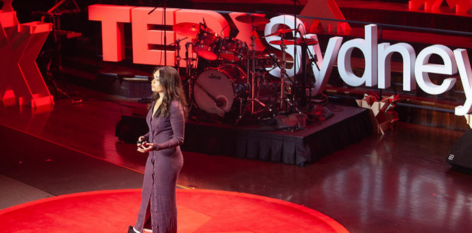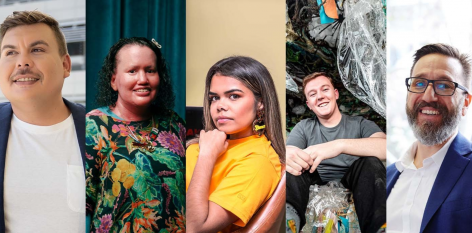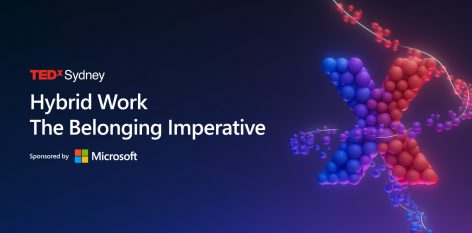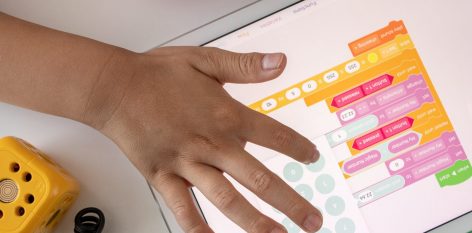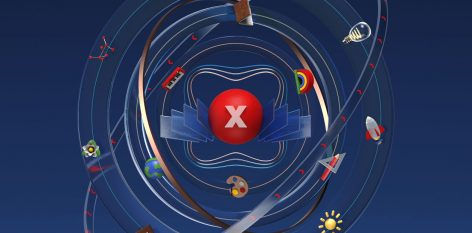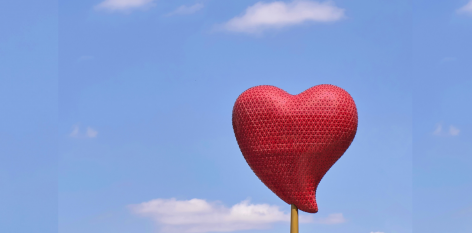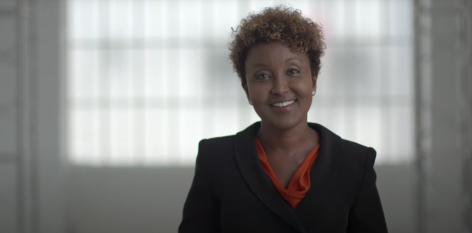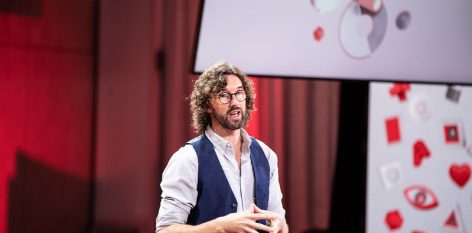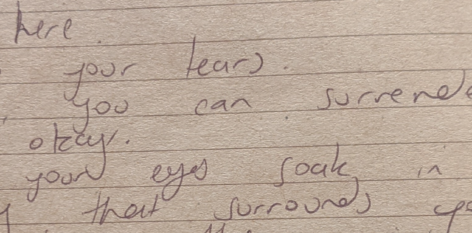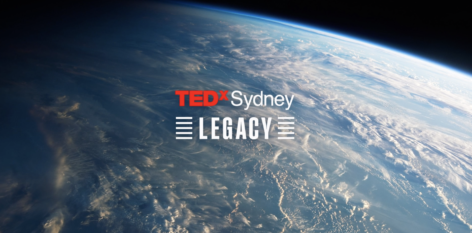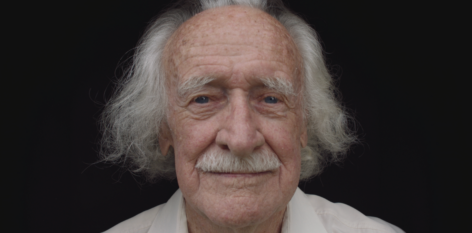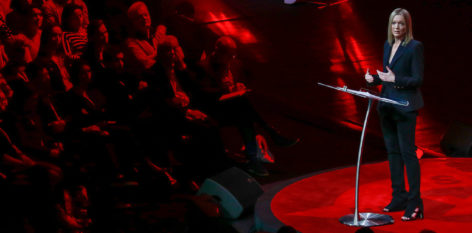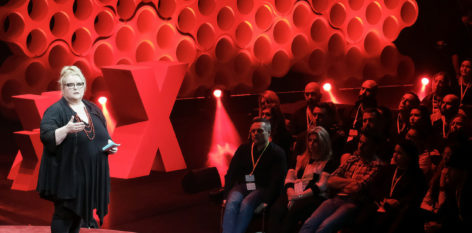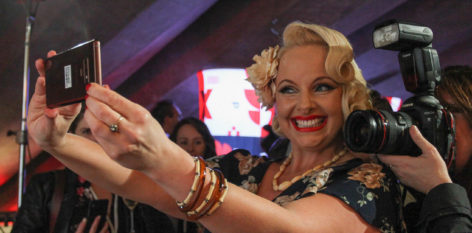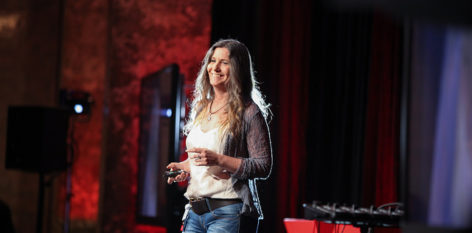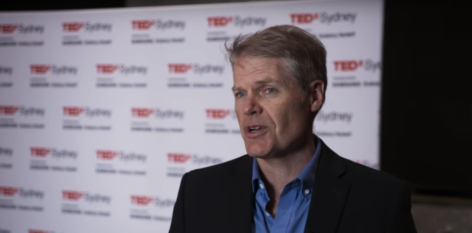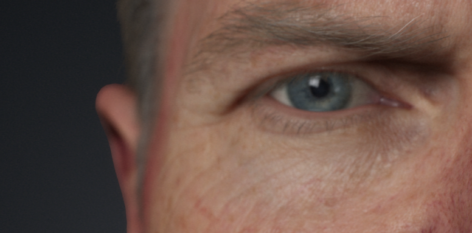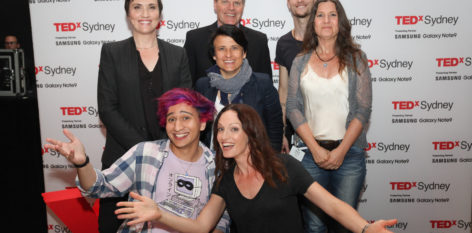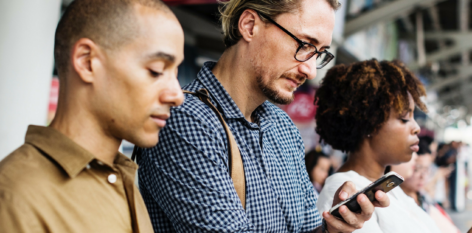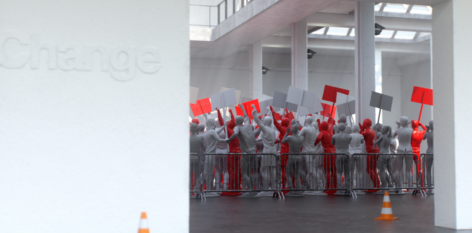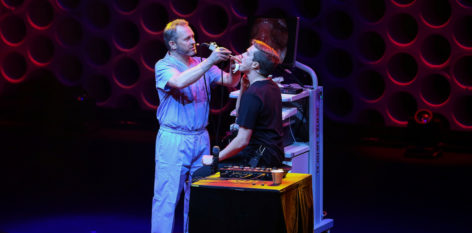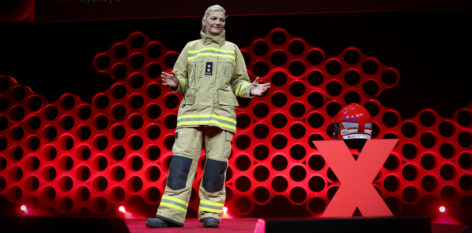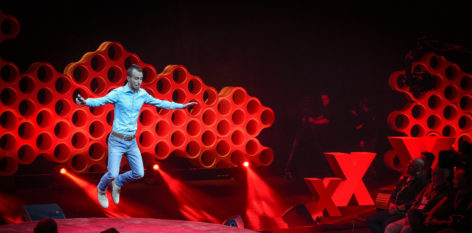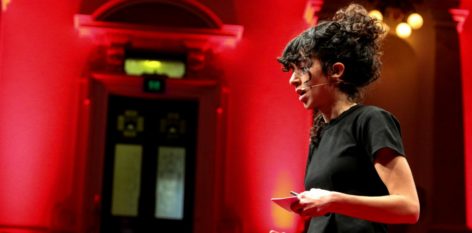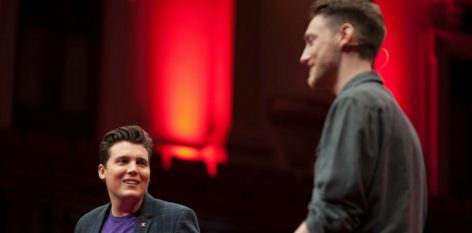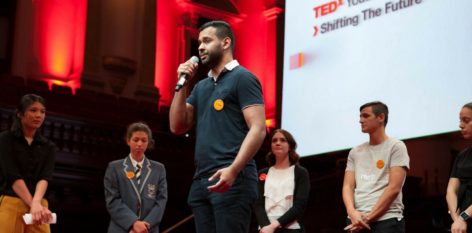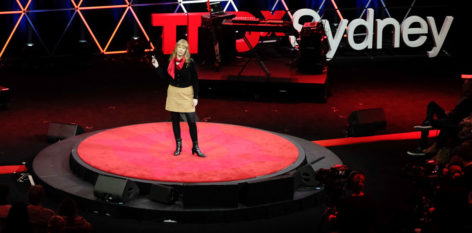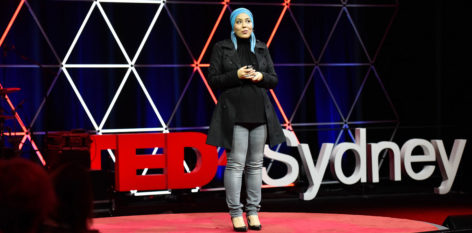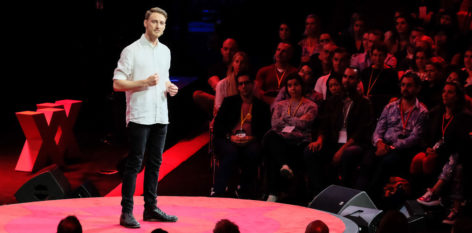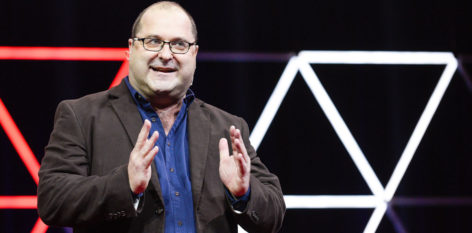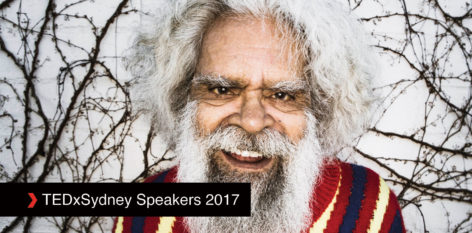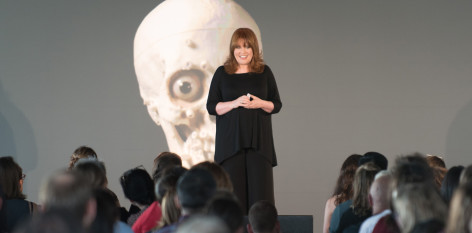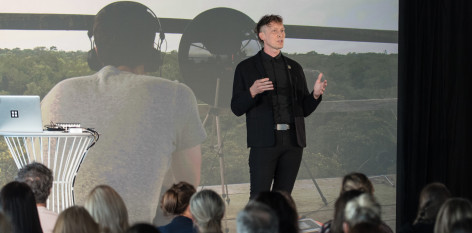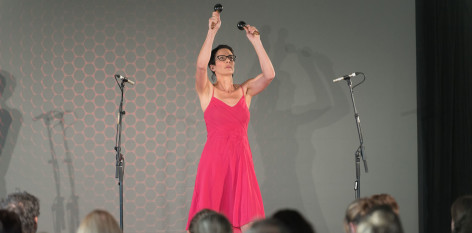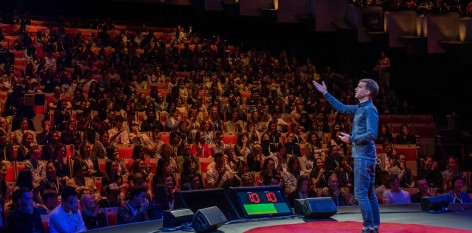In 2018 we were approached by a young man who had been involuntarily separated from his wife and had not been able to meet his son, then 1 year old. His plea was simple, he wanted to bring them to Australia. In 2021 that sounds more like a more ambitious goal than it was back then, when borders were open and the only obstacles to surpass being visa applications and booking a flight. Except that our client’s wife and son were in Xinjiang. And were of the Uyghur ethnic minority.
Our client, Sadam, had been separated from his wife when she went home to Xinjiang during her pregnancy. This was just as the Chinese government began to implement what is now being called a genocide against Uyghur people. The Chinese government blocked Sadam from entering China and confiscated his wife’s passport so she couldn’t leave.
The central problem for our client was that his wife was not an Australian citizen and there was little the Australian government could do diplomatically to secure passage of his wife out of Xinjiang to Australia. His son was entitled to Australian citizenship by descent through his father. As a citizen this would engage Australian diplomatic powers. But Sadam had never met his son and had none of the conventional ways of satisfying the government that he was, in fact, his son’s father.
The law is an incredibly powerful tool. It can both create hurdles and unlock opportunities.
As a law firm our purpose is to use the law as a force for good. Recognising and understanding its power, then using the skills we have to deploy that power for good.
For Marque, that takes many forms and spans both commercial law and non-commercial law areas. We’ve created a podcast which demystifies the language of the corporate world and make it accessible to female founders. As part of the #LetHerSpeak campaign we’ve used existing laws to give a voice to survivors of sexual assault by applying for court orders on their behalf, whilst concurrently lobbying for and drafting changes to those laws to remove the need for a court application. We advocate for change to our national electricity regulations, which in their current form inhibit rather than foster development in the renewable energy sector.
There are amazing networks of lawyers who are driving change through the use of the law. More and more lawyers are starting to ask not just what but why. Why is the law the way it is and what does that mean, practically and conceptually, for society. Tapping into those questions is fundamental to creating positive change in the law. In 2022 Marque would love to see even more lawyers finding laws which are problematic and advocating for change.
Many of the changes needed to laws are systemic and of broad application. We can also sometimes get lost in thinking that change is only worthy if it benefits the many. For Sadam, he just needed one administrative decision changed: the recognition under Australian law that his beloved son was his. Our advocacy in the Administrative Appeals Tribunal resulted in that change and with that one decision opened up the whole world of possibility for Sadam’s family. His son received citizenship and through an incredible diplomatic effort, the Australian government reunited a family. That is the power and possibility of the law.


